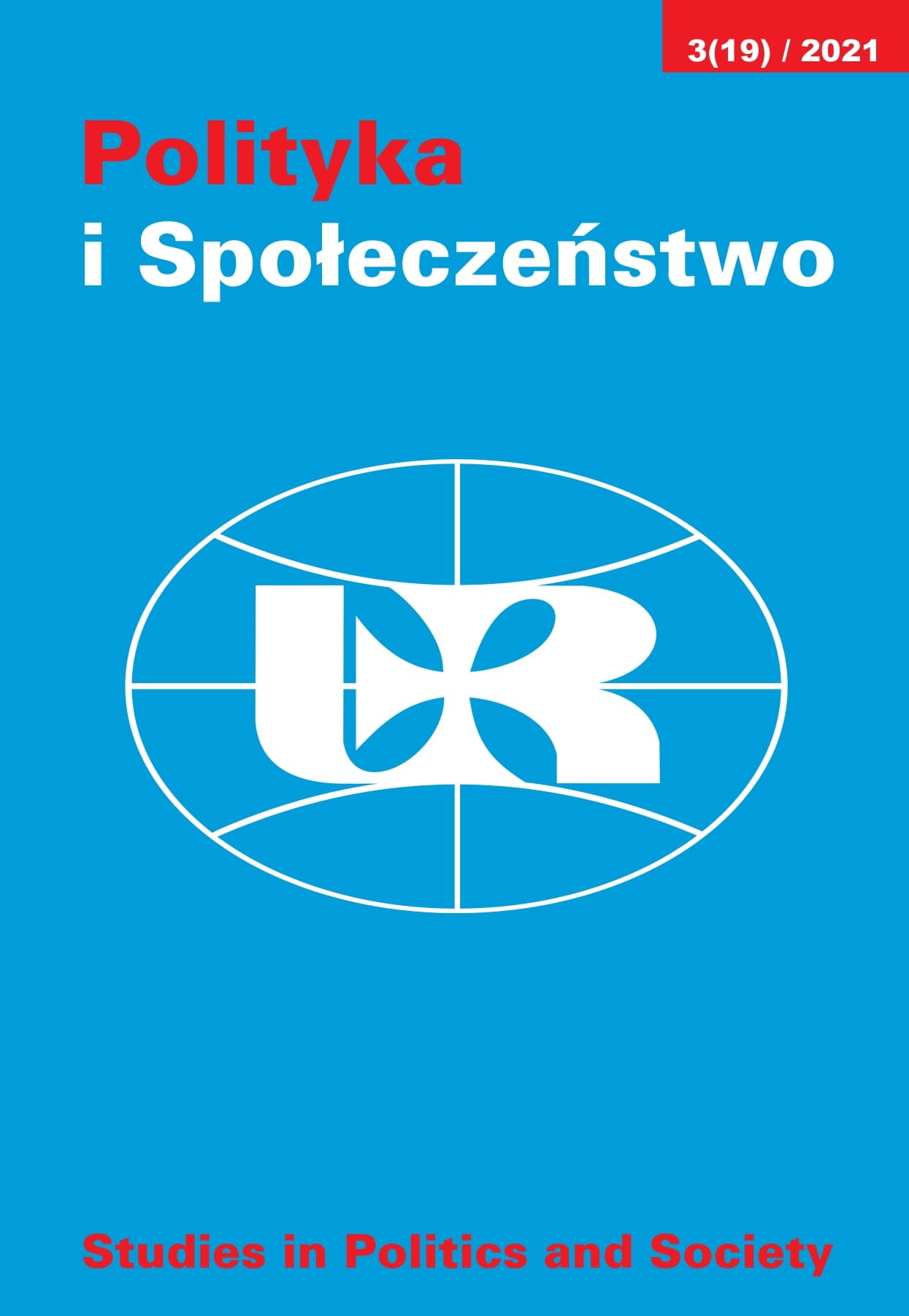Legal culture and the right to good administration – ethical problem analysis
DOI:
https://doi.org/10.15584/polispol.2021.3.11Keywords:
public administration, legal culture, law, official, citizenAbstract
The definition of public administration has evolved due to political and geopolitical changes. In the contemporary literature on the subject, emphasis is placed on the objective and subjective dimension of administration. The perspective of the subjectivity points to such formal and legal concerns as the legal basis of decisions issued or the very process of issuing administrative decisions. The topic of subjectivity, on the other hand, focuses on the relationship between the citizen and the office, as well as between the citizen and the official. This approach also allowed for a permanent introduction of the notions of public good and public interest. Both notions, axiologically, indicate that the main goal of public administration should be to provide efficient and legal service to citizens. The area of administration is not only about the interpretation of dry acts of law, but it also deals with the relationship between the citizen and the official, as well as between the officials themselves, and between the official and the superior under the employment relationship. Good administration consists of all these relationships. The aim of the article is to reflect on the possibilities of developing good administration in terms of ethics as well as to attempt to answer the question about the conditions that should exist for good administration to be not only a theoretical term, but also a daily implemented practice.
Downloads
Published
How to Cite
Issue
Section
License
Copyright (c) 2021 Studies in Politics and Society

This work is licensed under a Creative Commons Attribution-ShareAlike 4.0 International License.


